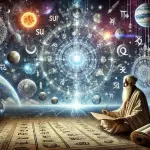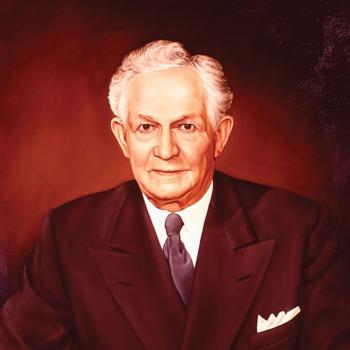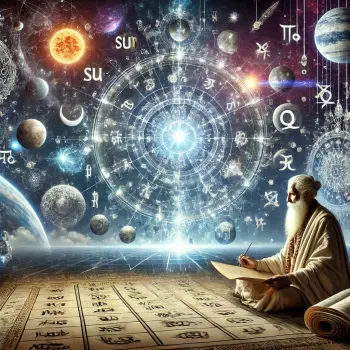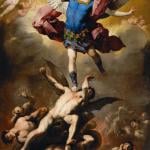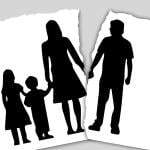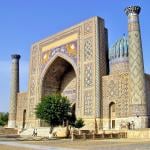The introspective practice of the Backward Review is a method aimed at spiritual growth and self-improvement. The practice was popularized among occultists by Rudolf Steiner (1861 – 1925), who taught that it was anchored in the teachings of the Rosicrucians, an early modern period mystical order in Europe. The practice involves a nightly review of one’s day, examining actions, thoughts, and emotions to identify areas for improvement. As I began to implement the practice I quickly became aware of places in my life that needed improvement. Rather than being discouraged by this, it gave me some tangible and practical things that I could work on. And while I’m still a work in progress (as we all are), I’ve made some significant improvements in how I treat people and react to emotionally charged situations.
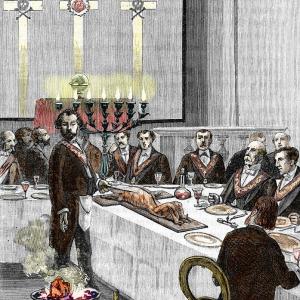
This practice of reflection is typically performed before sleep while lying in bed or in a chair. The process involves mentally retracing the events of the day in reverse order, starting from the most recent occurrences and moving backward to the morning. This reverse chronology helps to detach from the immediate emotional responses and observe actions more objectively. And because thinking backwards is a different way of processing information than we’re used to, both hemispheres are activated, offering a whole host of physiological benefits for the brain’s function, including memory and creativity.
During this review, I reflect on my behavior, interactions, and decisions. I consider questions such as: What could I have done differently? Were my actions aligned with my values? Did I act with kindness and understanding? This introspection is not meant to induce guilt or self-criticism but to foster awareness and conscious living. By identifying patterns of behavior and areas for improvement, individuals can make more mindful and positive choices in the future.

AI generated image
The Role of Spiritual Entities During Our Sleep
After completing the Backward Review, the Rosicrucians emphasized the significance of sleep, noting that humans spend approximately one-third of their lives asleep. They taught that certain spiritual entities, sometimes referred to as guides or guardians, instruct us while we are asleep. These entities, much more advanced in their spiritual journey than we are and probably Rosicrucians themselves during mortality, assist individuals in understanding the lessons found in their daily experiences during waking life. And while we have no memory of these interactions during our wakeful state, their lessons and insights bury into our subconscious and show us how we can become our best selves.
Sleep serves as a bridge between conscious reflection and subconscious assimilation. The insights gained from our nightly instruction are absorbed and integrated during sleep, facilitating deeper understanding and transformation. This also aligns with modern psychology that suggests sleep plays a critical role in memory consolidation and emotional processing.
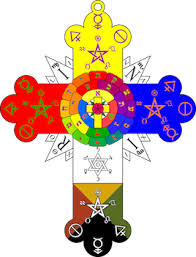
Benefits of the Backward Review
This introspective practice offers numerous benefits, but ultimately cultivates the self-awareness that helps individuals recognize their strengths and weaknesses. By regularly reflecting on one’s actions, they can break negative patterns and develop better habits. This practice also fosters emotional regulation as individuals learn to respond to situations more thoughtfully rather than reactively.
But perhaps most importantly, it enhances one’s spiritual connection as it facilitates communication with the inner self and spiritual guides. This heightened awareness can lead to a more purposeful and fulfilling life, grounded in conscious choices and spiritual instruction.
This practice can become an invaluable tool for personal and spiritual development, leveraging introspection for more conscious living and recognizing that life is a journey of learning and growth. By dedicating time each night to reflect on the day’s events and seeking spiritual guidance from the beyond, we can gain profound insights into our behavior and make meaningful changes. Through this practice, the Rosicrucians have given us a timeless method for achieving greater peace and spiritual harmony.



